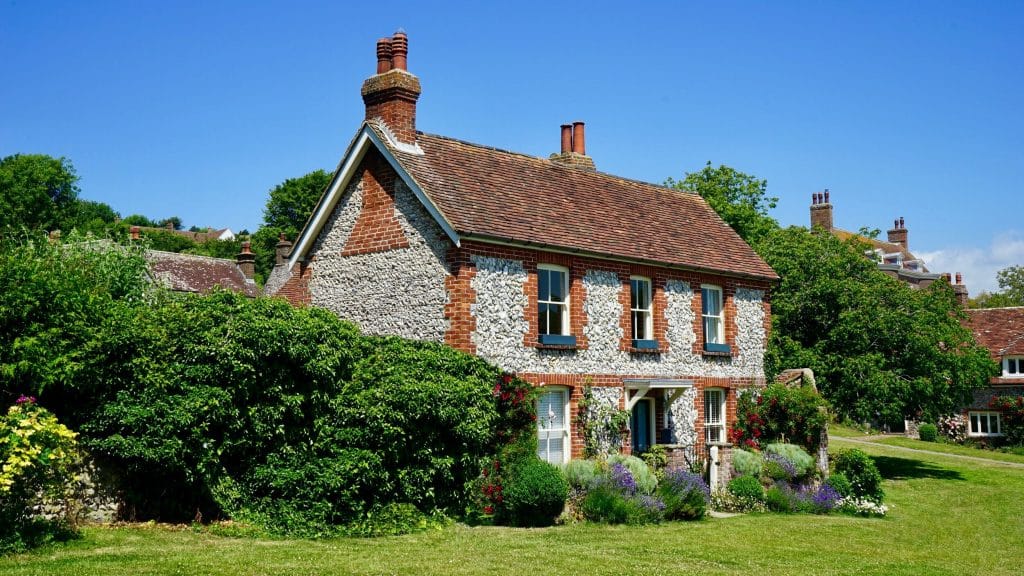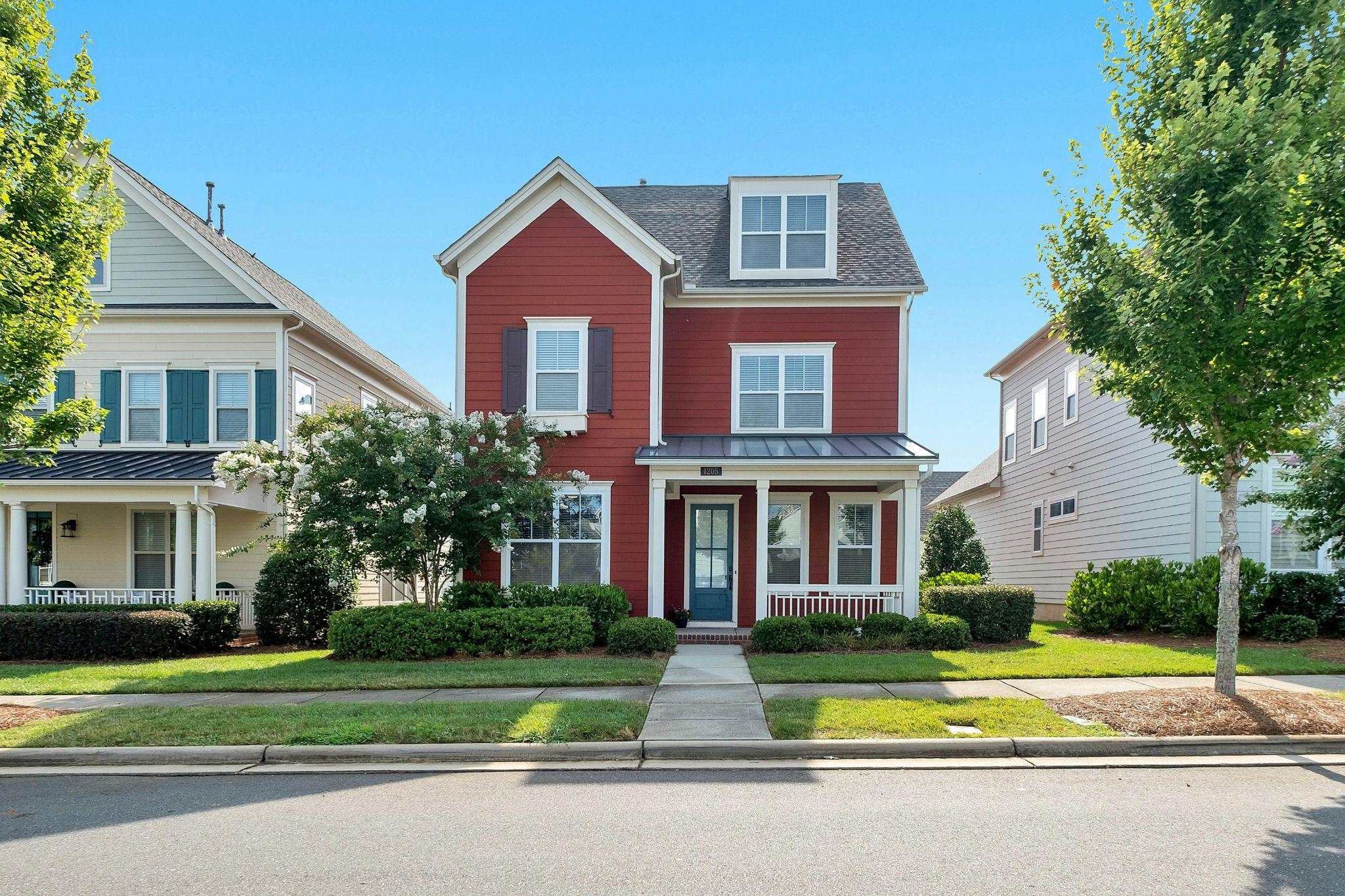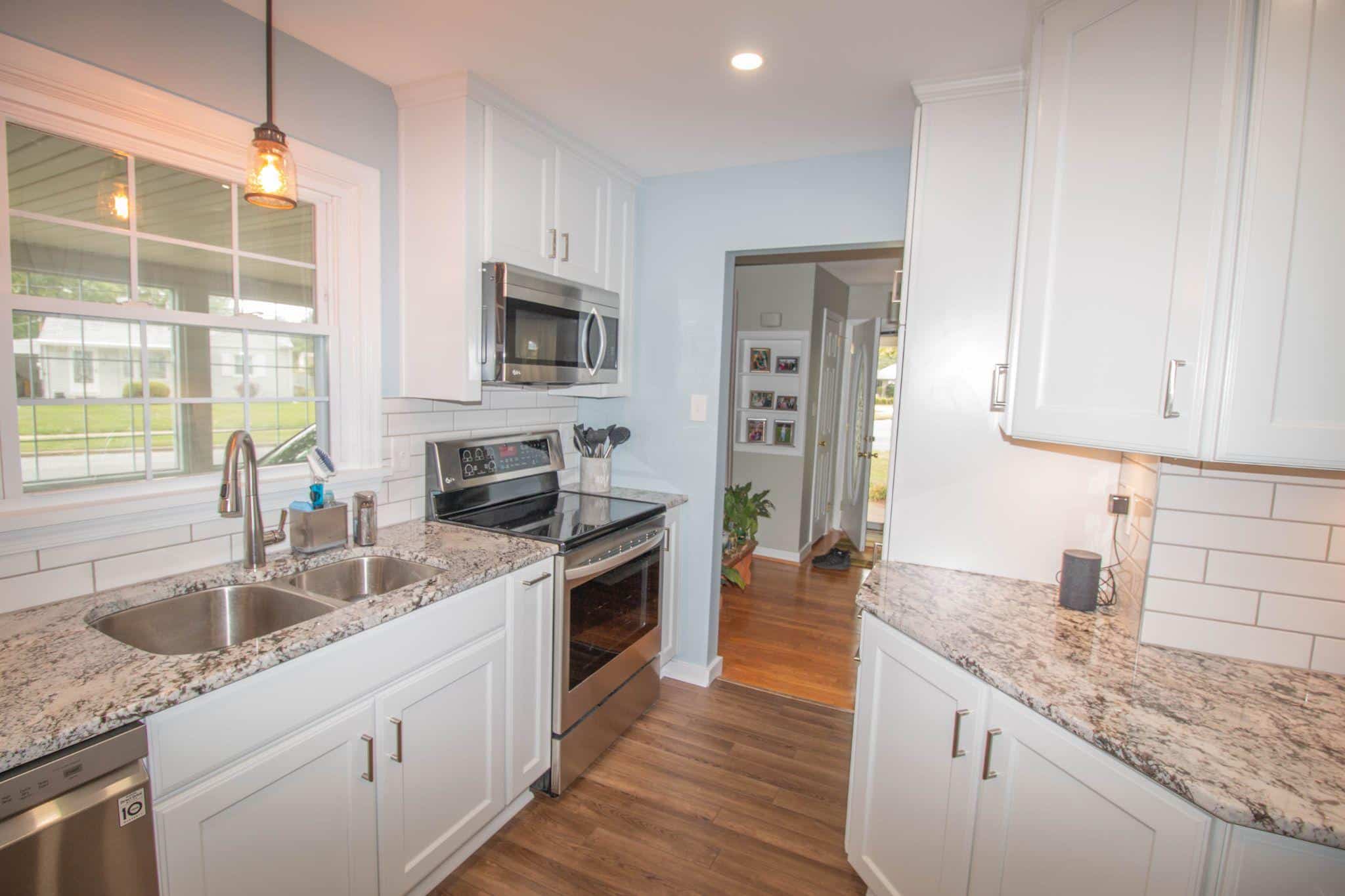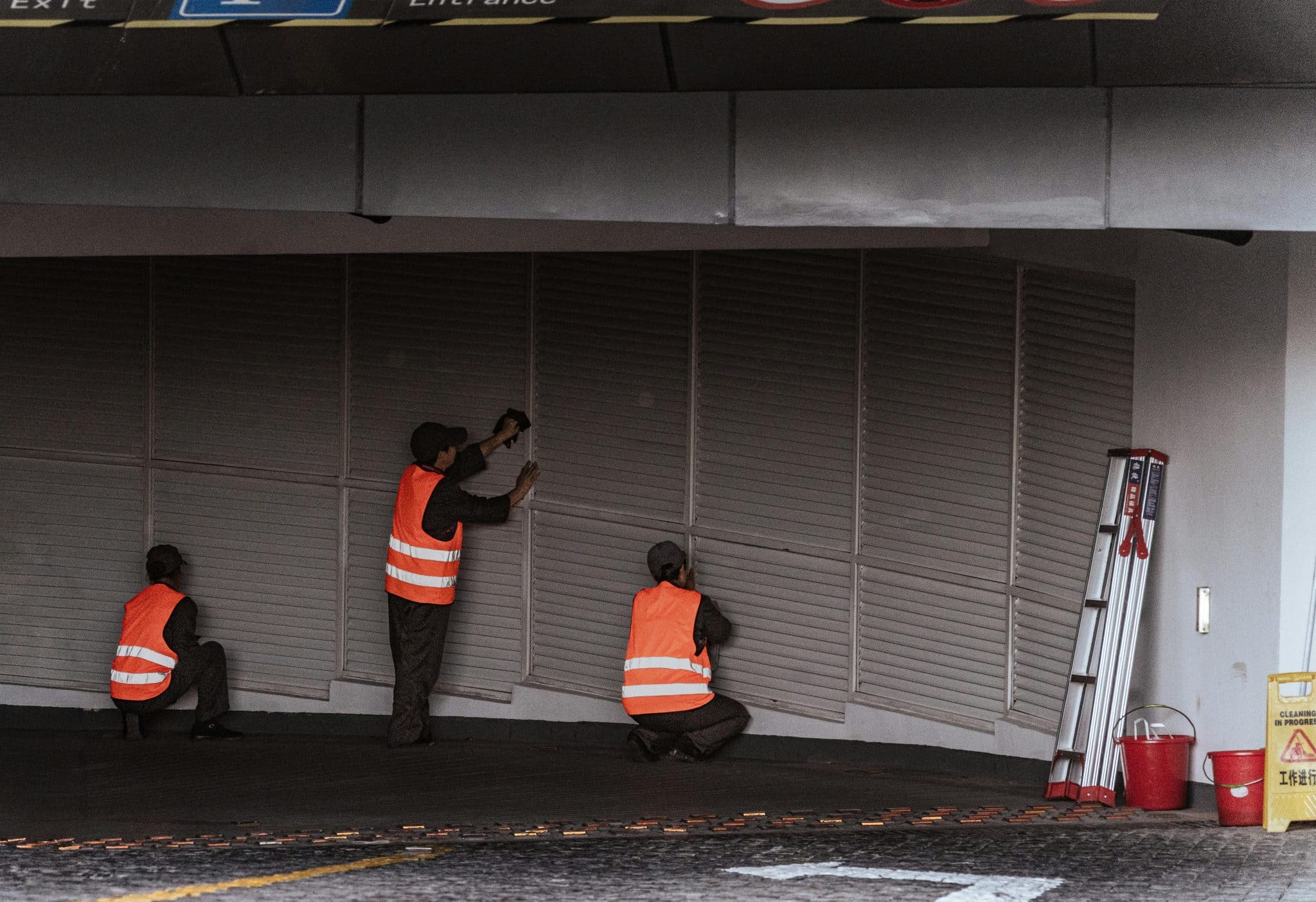Home renovations can be thrilling: Pinterest boards filling with dream decor ideas, visualizing that stunning open-concept living room, or finally upgrading your outdated bathroom. In Toronto, where housing prices continue to soar, renovations are a popular way to improve comfort, add functionality, and boost property value. But what happens when your dream project becomes a nightmare of hidden problems?
The sobering truth is that renovations don’t always go as planned. Toronto homeowners especially risk encountering unexpected challenges like hidden structural issues, plumbing surprises, or permit delays. In this blog post, we’ll explore the most common hidden renovation problems in Toronto houses, offer real-world examples, and provide actionable tips to help you avoid costly setbacks.
Unseen Plumbing Problems Beneath the Surface
Your home’s pipes and plumbing systems are often out of sight, so they can stay out of mind—until they cause a significant disruption. In Toronto, where the housing stock includes homes built decades or even a century ago, hidden plumbing issues are all too common in renovation projects.
Ageing Pipes and Poor Mapping
Older homes in Toronto, particularly neighbourhoods like The Annexe or East York, often have outdated plumbing systems built with materials like galvanized steel or lead. As time passes, these materials corrode, leading to leaks or even complete failure.
Many homeowners don’t realize their plumbing needs a full replacement until demolition begins and workers unearth rusting, poorly mapped pipes.
This issue is prevalent in kitchen and bathroom renovations. Without an early assessment of your home’s plumbing, opening walls or floors could reveal pipework that needs replacing, spiking costs and delaying your project timeline.
A proactive plumbing inspection by professionals familiar with Toronto homes can save time and money in the long term.
Sewer Backup Risks in Basement Renovations
Whether you’re building a rental suite or a cosy home office, basement renovations are especially prone to plumbing surprises. Flood-prone neighbourhoods near Toronto’s Don River can experience sewer backups during heavy rainfall. Your newly renovated basement could face significant water damage without the proper safeguards.
Budget for a Backwater Valve Installation
One essential upgrade for below-ground projects is a backwater valve. This device prevents sewer water from flowing back into your home, saving you thousands in potential flood damage. The backwater valve installation cost in Toronto typically ranges between $1,500 and $3,000, including labour.
It’s a worthwhile investment, particularly in flood-prone areas. Budgeting for this expense early in your planning process can minimize unexpected costs and protect your renovation in the long run.
Structural Surprises in Older Homes

Toronto is rich in character homes, from Victorian row houses in Cabbagetown to 1920s detached homes in Leaside. While these houses have undeniable charm, they also tend to hide structural challenges: rotten floor joists, inadequate foundation footings, or unpermitted DIY work from decades past.
Rotten Beams and Structural Challenges
When making significant changes, like removing a wall to create an open-concept kitchen, you may discover that critical structural elements have deteriorated. Beams and joists that have rotted due to moisture or termites are more common than you’d think in older Toronto homes. These issues often remain hidden until you open up walls, ceilings, or floors.
Such structural problems may require the oversight of a structural engineer or major reinforcements to your home’s framing, adding significant costs and delays to your project.
Watch Out for Unpermitted Past Work
Homes that have undergone renovations or upgrades in the past can present another challenge: unpermitted work. Whether it’s a basement that was finished without the proper permits or an upper-story addition that doesn’t meet Ontario Building Code standards, improper work can jeopardize the safety of your home and future renovations if your renovation plan involves making structural changes, factor in the possibility of discovering—and correcting—unpermitted work.
Permit Delays and Zoning Hurdles
Regarding renovations, red tape can be just as frustrating as physical obstacles. In Toronto, navigating city permits and zoning regulations is often more complicated than homeowners expect.
Standard Permit Issues in Toronto
Permits are required for large-scale projects like a home addition in Toronto to ensure compliance with city standards. The challenge is that the approval process can take weeks or sometimes even months.
One common hurdle is Toronto’s zoning bylaws, which regulate what’s allowed on your property. For example:
- Your home addition must conform to height restrictions.
- Lot coverage (the percentage of your property occupied by a building) cannot exceed specific limits.
- Setback requirements may limit how close your addition can be to property lines.
Changes that conflict with zoning regulations could require a variance involving additional applications, fees, and waiting times.
How to Get Ahead of Permit Delays
Start the application process early to avoid permit-related delays. Consider working with a contractor experienced in Toronto’s permitting system who has completed similar projects through the approval pipeline. This is especially important for intricate renovations or home additions in Toronto.
Unexpected Costs That Add Up Fast
Even the most meticulously planned renovations often run over budget. In Toronto, where material costs and contractor demand vary widely, budgeting accurately is one of the most challenging aspects of any renovation project.
Material Price Fluctuations
The cost of materials like lumber, tile, or drywall can vary significantly, depending on supply-chain issues and demand. COVID-19 disruptions, for example, caused lumber prices to skyrocket in 2021. If your renovation relies heavily on specific materials, keep in mind that market volatility could shift your budget.
Labour Shortages
Toronto’s booming housing market has created a high demand for skilled contractors, electricians, and plumbers. In peak renovation seasons, finding available and experienced tradespeople can be surprisingly tricky. And when demand spikes, so do labour rates.
Contingency Funds Are a Must
Experts recommend setting aside 10–20% of your renovation budget as a contingency fund to cover unexpected expenses. Whether you discover hidden water damage or your preferred materials cost more than anticipated, this financial buffer ensures you won’t run out of funds halfway through your project.
How to Avoid These Disruptions
Certainly, renovation nightmares are a reality, especially in cities like Toronto. But the good news is they don’t have to derail your home improvement plan if you prepare strategically. Here are some practical steps to minimize risks:
1. Work with Trusted, Experienced Contractors
Selecting contractors isn’t just about competitive pricing. Ensure you hire professionals familiar with Toronto’s housing stock and building codes. A contractor with local experience will be better equipped to foresee complications like ageing plumbing, structural concerns, or permitting challenges. Ask for references and check reviews before signing a contract.
2. Conduct Thorough Pre-Renovation Inspections
Before beginning any renovation, thoroughly inspect your home’s structural elements, plumbing system, and electrical wiring. Identifying potential issues early can help you plan for repairs and upgrades in advance rather than scrambling mid-project to fix surprises.
3. Budget for Contingencies and Key Upgrades
Integrate potential costs into your initial budget, such as installing a backwater valve in Toronto, rather than treating them as “nice-to-haves.” Similarly, having an emergency fund for unforeseen expenses can keep you financially stable even if surprises arise.
4. Set Realistic Timelines
While aiming for a quick renovation is tempting, most projects take longer than anticipated, especially when permits or structural fixes are involved. Work with your contractor to set realistic timeframes and avoid frustration.
Conclusion
Renovating in Toronto is an exciting way to enhance your home’s function and value. But as any seasoned renovator knows, it’s as much about managing challenges as it is about picking countertops. From hidden plumbing hurdles and structural surprises to delays caused by city regulations, unexpected disruptions can quickly derail even the most promising project.
Investing in early inspections, budgeting for essential upgrades like a backwater valve installation cost, and working with experienced professionals can safeguard your renovation against unwelcome surprises. Whether it’s a modest bathroom upgrade or an ambitious home addition, preparation and adaptability are key to success.
With the right mindset and plan, you’ll quickly showcase your beautifully revamped style. Are you planning a renovation in Toronto? Let us know how you’re preparing to avoid potential pitfalls! Share your tips—or your horror stories—in the comments below!








